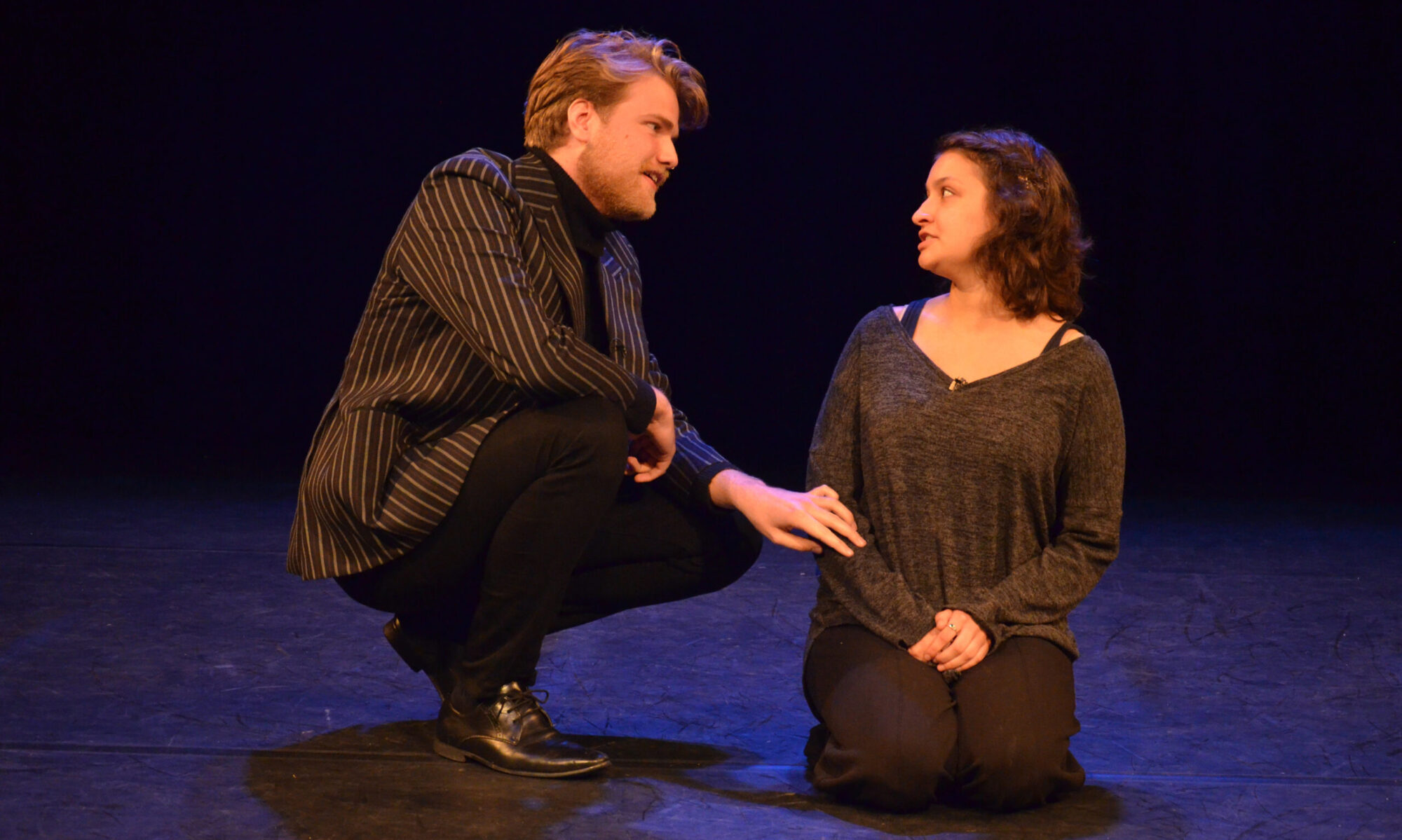‘Know the difference, from an actor’s point of view, between Shakespeare and Middleton, or Webster and Marston. Each makes a different and unique demand on an actor.’ – Simon Usher
The unparalleled richness of seventeenth-century English drama continues, in scholarship and performance, to be dominated by Shakespeare. However, the works of great dramatists such as Fletcher, Jonson, Middleton, Marston, Webster and other contemporaries offer fertile ground for academic investigation and practical workshop experiment. Each of these writers offers distinctive challenges for an actor. Recognising and meeting these challenges demands both a precise understanding of early modern rhetoric, and a close engagement with practical approaches, in actor-training and professional performance. This project seeks to build on and respond to recent work (eg Jennifer Richards’ Voices and Books in the English Renaissance, OUP 2019 and Neil Rhodes Punctuation as rhetorical notation? From colon to semicolon, Huntington Library Quarterly 82.1 2019) examining rhetoric and the voice in early modern literature, to reconsider key examples from plays by Shakespeare’s rivals. Collaborating with conservatoire teachers and professional actors and directors, we will investigate how attentiveness to rhetoric, metre, language and voice enables modern performers to tackle the wider canon of early modern drama.
